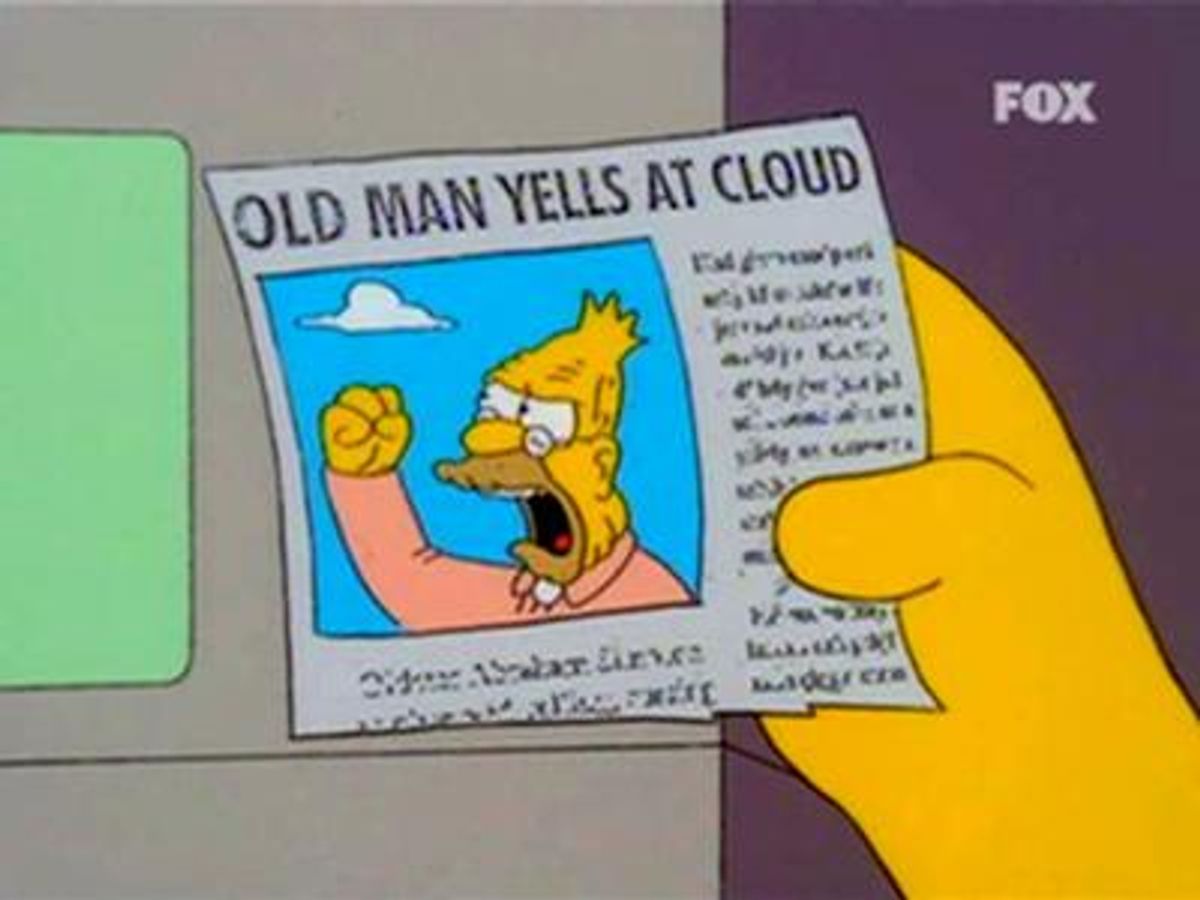A federal judge today dismissed a Nebraska woman's lawsuit against all "homosexuals" on the grounds that it failed to request a specific remedy and relied on biblical verses in a secular court.
LGBT legal blog Equality on Trialsummarized the court's dismissal based on the fundamental components the complaint was missing:
"Typically, when you sue, you're asking for something: either you're seeking money damages, or asking the court to strike down a law, or issue an injunction or temporary restraining order. The complaint didn't ask the court to do anything or grant the woman any kind of relief against all gay people."
The lawsuit also failed to define the jurisdiction in the case, which generally explains why a plaintiff is filing suit in the U.S. District Court for the District of Nebraska. The lack of a compelling jurisdictional argument alone provides sufficient grounds to dismiss the case, notes the court's response.
But most importantly, the lawsuit, filed on seven handwritten pages by 66-year-old Auburn, Neb., resident Sylvia Ann Driskell, relied solely on Bible verses and a pair of dictionary definitions to condemn homosexuality, marriage equality, and parenting by same-sex couples.
"A federal court is not a forum for debate or discourse on theological matters," wrote U.S. District Judge John M. Gerrard in his dismissal of the case, filed as Driskell v. Homosexuals. "This is a court of law, and 'The law knows no heresy, and is committed to the support of no dogma, the establishment of no sect.'"
Indeed, Driskell didn't ask for any legal or injunctive relief in her filing. "To the extent that she asks for anything from the Court, it is a declaration that homosexuality is sinful -- a question that the Court cannot answer," noted Gerrard. "The Court may decide what is lawful, not what is sinful."
Driskell's complaint also identified a broad swath of humanity -- "homosexuals" -- as defendants, without detailing any particular injury those defendants have caused to Driskell as the plaintiff, who represents herself as the ambassador of "God and His Son, Jesus Christ." Indeed, Driskell's filing "consists of seven pages of her personal and religious views on the subject of homosexuality," the court explained.
Because of these fundamental flaws in the filing, the court preemptively denied any attempt by Driskell to amend her suit, "because it is obvious that amendment would be futile. ... This Court is not the place to seek opinions regarding theological matters; this particular forum is closed and the case will be dismissed."



















































































